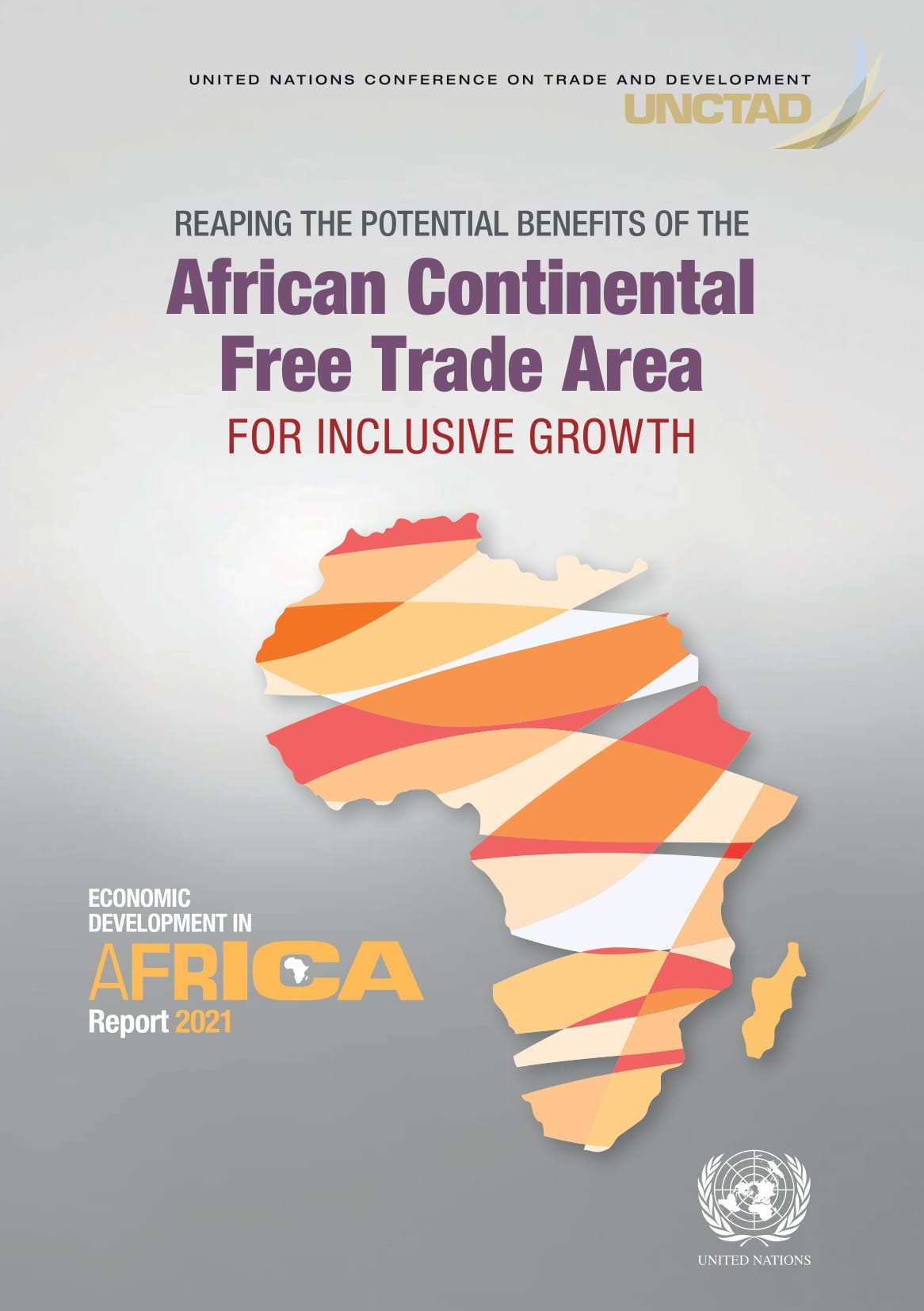Sauti’s Data in the UNCTAD Economic Development in Africa Report 2021
UNCTAD’s recently launched Economic Development in Africa Report 2021 features Sauti’s activities providing Trade and Market Information Platforms throughout East Africa.
We are excited to be featured in this assessment of how the region can inclusively benefit from the trade potential under the incoming African Continental Free Trade Area. The report draws on demographic, market, and trade insights from our TradeInsights Data Portal covering East Africa’s cross-border trade context.
We highlight several insights from Sauti’s data used in UNCTAD’s report:
- Data showed a higher frequency of market price information searches in border towns suggesting that a large share of cross-border trade takes place by cross-border traders residing in border regions, given that transport options are limited over long distances.
- Crossing frequency data shows that most Kenyan and Ugandan women cross-border traders trade either weekly or monthly, whereas there is not a significant variation in crossing frequency for men cross-border traders.
- The analysis shows that cross-border trade is the primary, or only, source of income for most traders in both Kenya and Uganda and that they tend to sell products grown and produced by themselves and/or family members.
- In terms of age distribution, most men cross-border traders are young (20–30 years of age), and a lack of formal jobs pushes them into the informal sector, including engaging in informal cross-border trade. Most women cross-border traders fall within the age group of 30–40 years of age, and women cross-border traders proportionately outnumber men in older age groups.
- High literacy levels were found among both women and men; more than 50 per cent of cross-border traders have attained at least secondary education, challenging much of the conventional wisdom that cross-border traders are illiterate or partially literate.
- Further, the data shows that men cross-border traders are on average better educated than women cross-border traders, with a higher proportion of men cross-border traders having completed secondary and tertiary education.
- Border procedure search results from the product category show that cereals and low-quality goods, such as clothing and shoes, constitute an important share of inquiries about border procedures for cross-border traders in both Kenya and Uganda.
- Among cross-border traders in Kenya, men seek border procedure information for higher value commodities, such as livestock and livestock products, poultry and bees and their products, more frequently than women cross-border traders. Border procedure searches for fruits are more popular with women cross-border traders than men
The report also notes that:
without accurate informal cross-border trade data, it is impossible to paint a complete picture of intra-African trade. Systematic informal cross-border trade data collection can support targeted policymaking to ensure that the full potential of the sector is harnessed under the implementation of the African Continental Free Trade Area.
In terms of the cross-border trade system the report also highlighted that:
Inclusive growth in Africa is imperative
There are income and non-income dimensions and key channels through which the African Continental Free Trade Area may contribute to inclusive growth and help build more resilient economies
There is inclusive growth of Informal cross-border trade through regional trade integration
The challenges faced by informal cross-border traders is proof of the need for the informal economy in the inclusive growth process. Furthermore, market liberalization under the Free Trade Area is important for the growth of businesses, yet the inclusive trade policies and strategies that will accompany its implementation can also contribute to promoting fair trade, particularly in order to assist small and often marginalized businesses.
The region can inclusively benefit from unexploited trade potential under the Free Trade Area
The low complementarity of trade and low economic diversification are key factors undermining the region’s inclusive growth process in the context of trade. The African Continental Free Trade Area in unleashing equal export opportunities for small and medium-sized enterprises and small-scale traders. There is a need to address both regulatory and structural barriers to bilateral trade beyond tariff liberalization through the Free Trade Area.
Effective trade reforms and partnerships are important for an inclusive African Continental Free Trade Area
Unless implementation is guided by an efficient integrated framework (from the design of policy actions to implementation and monitoring), including through a strong institutional set-up and cost-effective trade dispute settlement mechanism, achieving an inclusive free trade area will remain elusive, given its multidimensional characteristics. There are opportunities and challenges under the Free Trade Area resulting from the commitment of countries to global trading systems.
Towards these objectives, Sauti is enthusiastic about the future direction of the region and is excited to contribute to inclusive development in the region.
For any questions on our data please contact info@sautiafrica.org.
